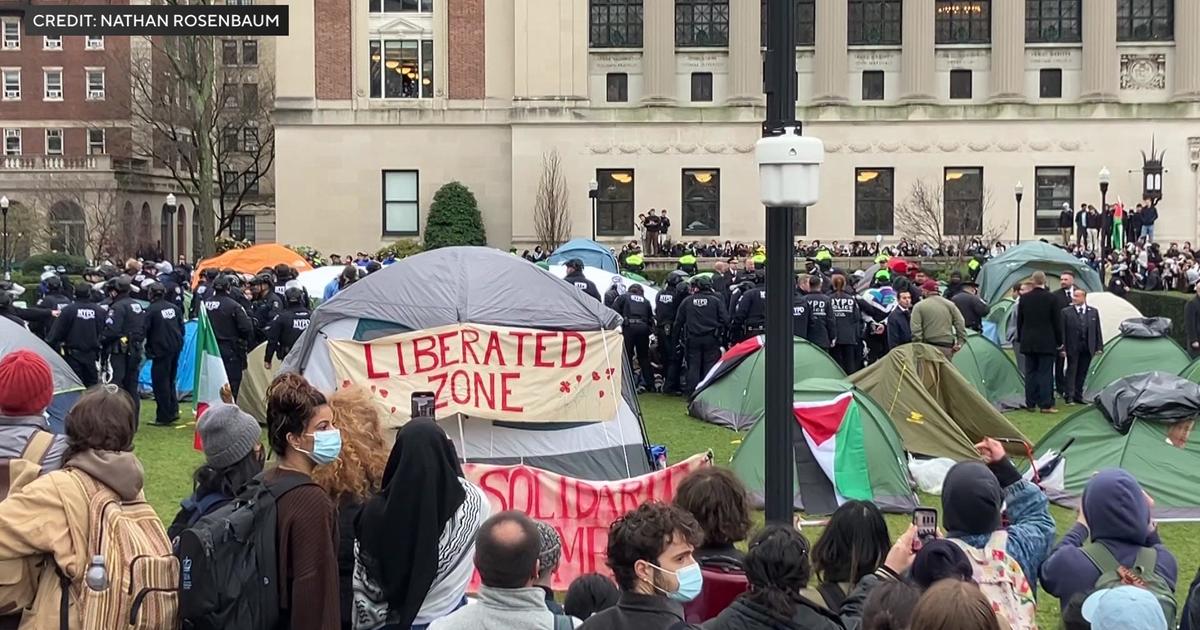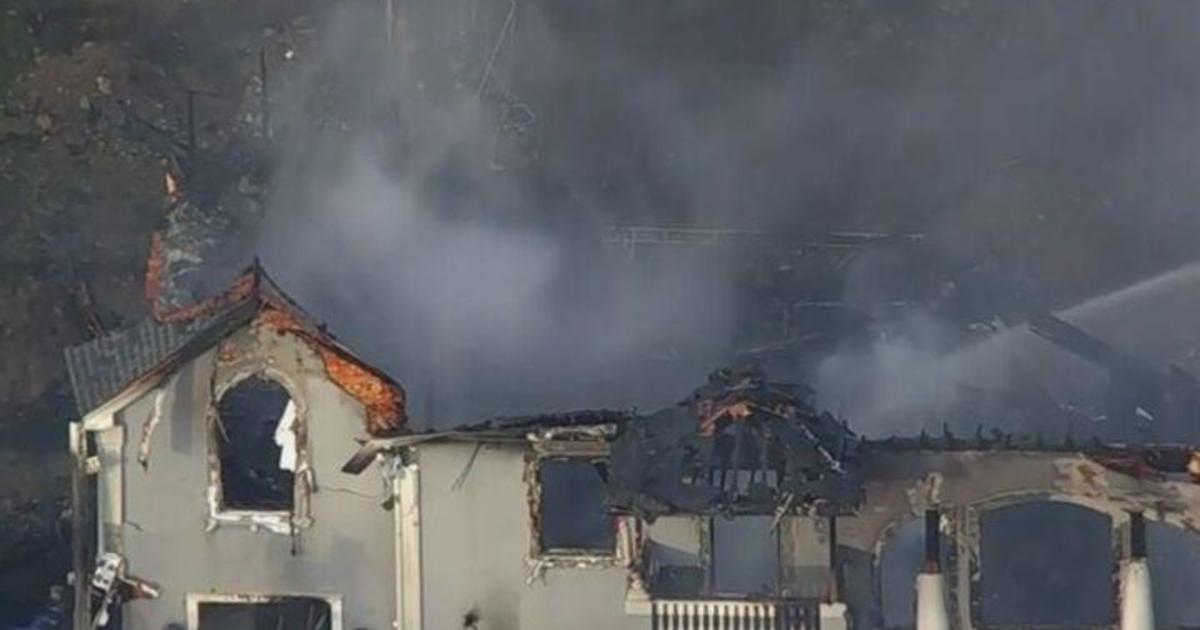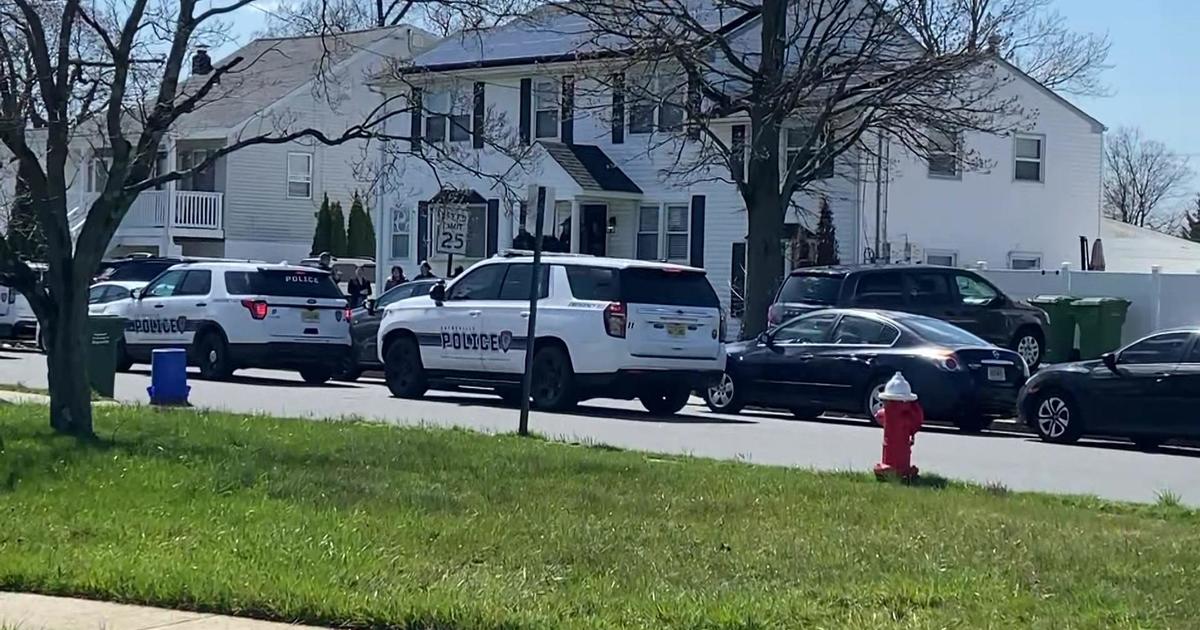Christie Orders Water Conservation; Municipalities Issue Boil Water Advisories
TRENTON, N.J. (CBSNewYork) -- New Jersey Gov. Chris Christie on Wednesday signed an executive order demanding that state residents conserve water until power returns, in the wake of the devastation from Superstorm Sandy.
The executive order prohibits washing pavements, watering lawns, and washing cars outside.
Christie also advised not leaving water running, and taking shorter showers, until power is back on.
The reason is that wastewater treatment plants will be on generator power until electricity is fully back on, Christie explained during a Wednesday evening news conference.
Officials said they are worried that areas could run out of water if backup power fails.
"Power companies are working hard to restore electricity to water utilities, but right now it's impossible to say how long these facilities will have to be operated on backup generators," Commissioner Bob Martin said in an earlier statement. "Everyone must pitch in immediately and take steps to reduce water consumption."
Several municipalities have also issued boil water advisories to ensure the public health and safety of state residents.
The following municipalities or water companies have instituted boil water advisories for all or parts of their communities.
- Atlantic City MUA
- New Brunswick Water Department
- Independence MUA - Highland System, Warren County
- Bayview Water System, Fortesque, Downe Township, Cumberland County
- Ship Bottom, Ocean County
- Stafford Township MUA, Cedar Bonnet Island, Ocean County
- United Water Sunset Ridge, Vernon Township, Sussex County
- United Water Highlands Lakes, Vernon Township
- United Water Predmore, Vernon Township
- United Water Sammis, Vernon Township
- United Water Woodridge Wantage, Sussex County
- Brant Beach, Ocean County
Additional information about specific boil water advisories is available at http://readynj.posterous.com/
To help conserve water, the New Jersey Department of Environmental Protection has the following tips:
- Do not use water for any nonessential uses, such as watering of lawns and washing of cars.
- Take showers instead of baths. Keep showers as short as possible.
- Limit flushing of toilets, dish-washing and washing clothes.
- Turn off the faucet when shaving and brushing teeth.
- For those who have electrical service, run dishwashers and laundry washing machines only when they are full. If you have a water-saver cycle, use it.
- Check your toilet, faucets, and pipes for leaks and make repairs or shut off water valves to any faucets or toilets that are leaking.
- Use a broom or rake to clean up storm debris, including leaves or pine needles, rather than a hose.
- Keep a supply of drinking water on hand sufficient to last several days.



